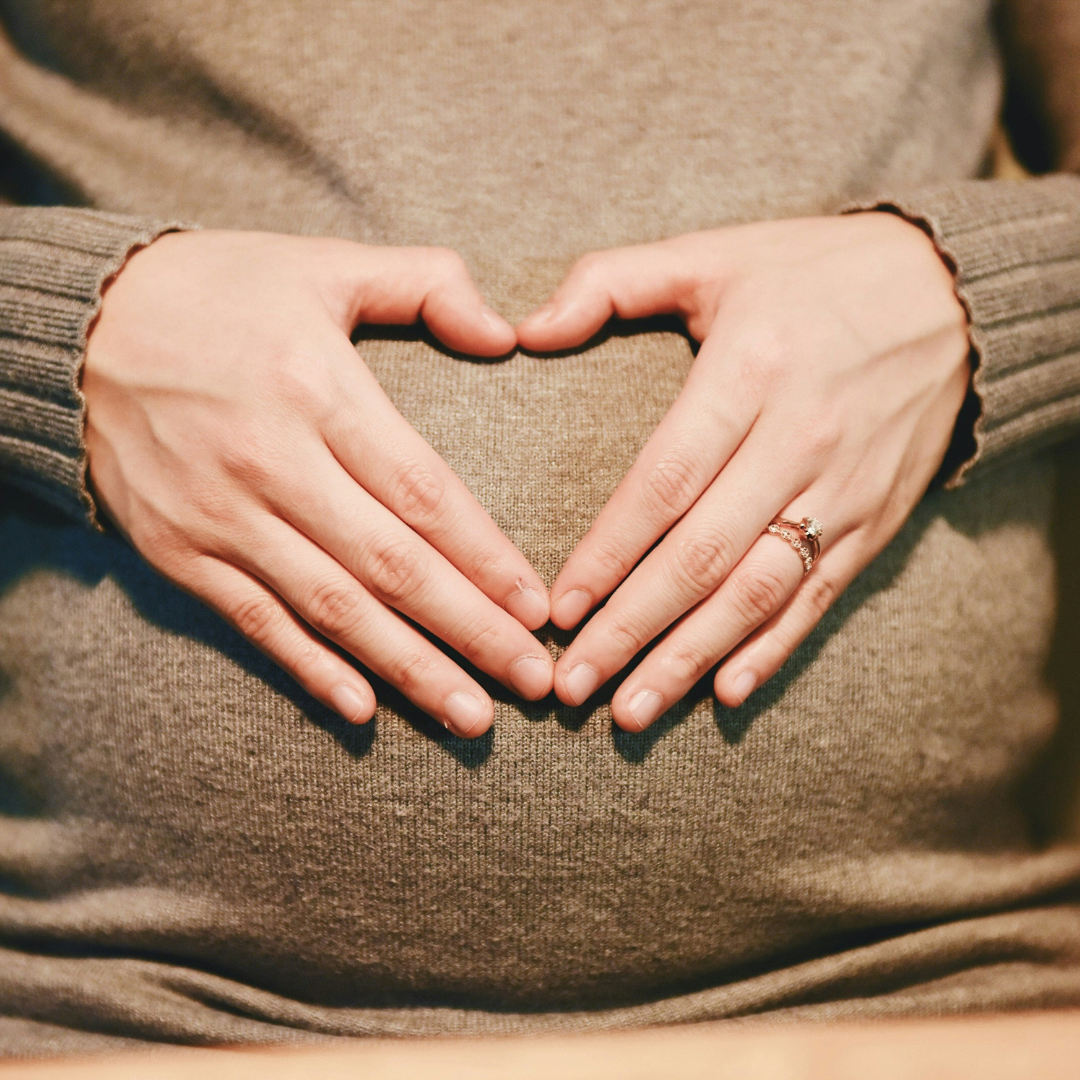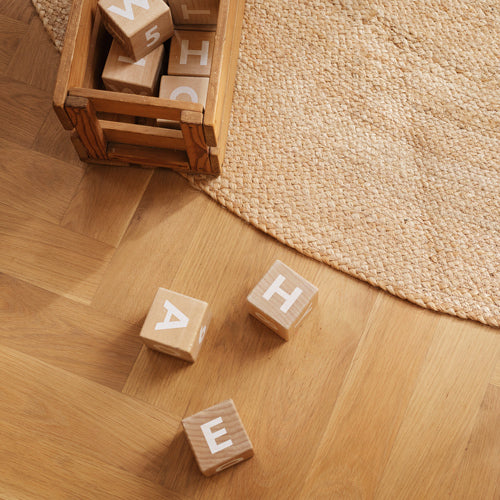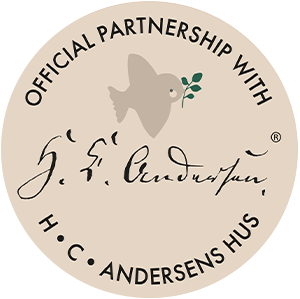

Pregnancy comes with a lot of questions. It also often means giving up or adjusting some of your everyday comforts, which can leave you wondering what’s still safe. One question that might come up: Can I take a bath while I’m pregnant?
The short answer is yes. In most cases, baths are not only safe during pregnancy, they can also be incredibly soothing. A warm bath can help with sore muscles, swelling, and general relaxation. But as with many things in pregnancy, there are a few guidelines to keep in mind.
The temperature: warm, not hot
The most important thing to remember is temperature. When you’re pregnant, your body is already working overtime, and raising your core temperature too much can be risky for your baby, especially in the first trimester. You can read more about what that is like in our pregnancy guide.
So while a warm bath is absolutely fine, hot baths are not recommended. As a general rule, your bath water should be below 38°C (or 100°F). If you're unsure, you can check with a bath thermometer or just dip in a toe. If it feels too hot for you, it’s likely too hot for your soon-to-arrive baby as well.
Also, if you find yourself turning red, sweating, or feeling faint, it's a sign that the water is too warm, and it’s time to get out and cool down. Keeping baths short (around 15 to 20 minutes) can also help prevent overheating or dizziness. Before and after your bath, try to drink a glass of water to stay hydrated, especially in warmer weather or if you’re already feeling tired. A soft muslin cloth nearby can be helpful for gently patting your skin dry if you start to feel too warm, and something like a mini fan nearby can make cooling off even easier.
Another thing to note is that while a warm bath is safe, hot tubs, jacuzzis, and saunas should generally be avoided during pregnancy. They tend to have higher, harder-to-control temperatures and also carry a greater risk to mom and baby
Watch your step
As your belly grows, your center of gravity changes. That can make slipping more likely, especially in a wet, tiled bathroom. If you're planning to take a bath, make sure the floor is dry, the tub isn’t slippery, and you take your time getting in and out. A sturdy rug or a helping hand can make a big difference.
Bath products
Many epsom salts, oils, or bubbles are safe to use, but it’s best to keep things simple and mild. Strong fragrances or essential oils can sometimes irritate sensitive skin or even trigger nausea. Also, certain essential oils like rosemary, clary sage, and cinnamon, should be avoided during pregnancy unless cleared by your healthcare provider.
Look for gentle, pregnancy-safe products, or skip the extras entirely and just enjoy the warm water.
Baths in the third trimester
As your due date gets closer, baths can continue to be a safe way to relax, ease tension, and help you sleep. Some people even find that a warm bath helps with Braxton Hicks contractions or early labor symptoms. Just make sure you’re not using a bath to delay medical attention if something doesn’t feel right. Always trust your instincts.
With this in mind, if you experience bleeding, leaking fluid, strong or regular contractions, severe pain, or dizziness during or after a bath, it’s important to stop immediately and get medical advice.
The bottom line
Yes, you can take a bath while pregnant, and in fact, many people find them to be one of the best ways to unwind, relieve aches, and take a few quiet moments for themselves.
Just keep the water warm, stay safe getting in and out, stay hydrated, and avoid strong or unfamiliar products. And if you’re ever unsure, your healthcare provider can help guide you based on your individual pregnancy.
Pregnancy is full of changes, but a warm bath when done safely can offer a bit of comfort in the middle of it all.




































